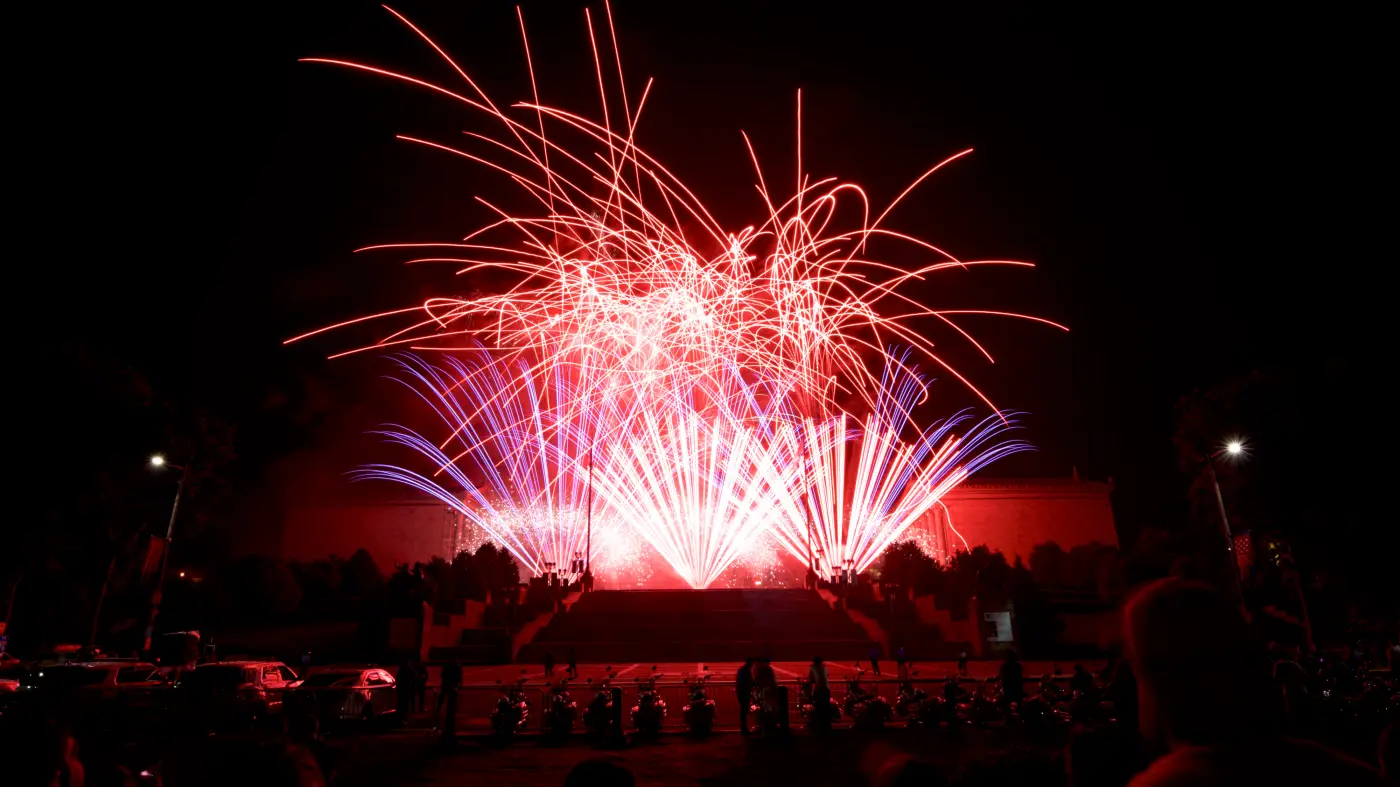By Kyla Wright
The Fourth of July has come and gone, but conversations about freedom and independence don’t get old … especially among black college students.
Webster’s Dictionary says freedom is the power to act without restraint, while it defines independence as not requiring or relying on others. How do students feel about the two?
America’s birthday seems to be inextricably tied with fireworks, barbecues and feuds over its significance. Some students simply describe the federal holiday as a day off work. Others joined Chance the Rapper in calling it Malia Obama Day.
When asked about music that inspired or made them think of independence, students spoke highly of songs that encourage economic independence, social justice and hope for black folks:
- “The Story of O.J.” by Jay-Z
- “A Change Is Gonna Come” by Sam Cooke
- “Someday We’ll All Be Free” by Donny Hathaway
- “Revolution” by Arrested Development
- “The Conquering Lion” by Lauryn Hill
- “Change” by J. Cole
- “Glory” by John Legend and Common
- “16 Shots” by Vic Mensa
- “Alright” by Kendrick Lamar
- “F.U.B.U.” by Solange Knowles
- “Where Do We Go” by Solange Knowles
- “Candles in the Sun” by Miguel
- “They Don’t Really Care About Us” by Michael Jackson
- “Wake Up Everybody” by Teddy Pendergrass
These songs come out of different generations and genres, but the common chord they share is one of unity, equality and perseverance. The beats are so good and the messages are so timeless, this playlist could stay on repeat any day of the week.
Besides music, some college students can point to individuals who are advancing the black community and America at large.
“I think everyone in opposition to the president is actually making America great; Auntie Maxine and Auntie Kamala, I see you!” said Arielle Wallace, 21, a senior at Hampton University.
“Ethnic and social diversity makes America great,” said Demetrius Smith, 36, an alumnus of Morehouse College. “Those outside of the dominant culture hold America accountable to its ideals, which results in slow yet continuous advancement of American society.”
“The charitable donations that Russell Westbrook’s Why Not? Foundation have made to the OKC and L.A. communities has taken another approach other than usual athletes by focusing on education and family service programs while encouraging youth to believe in themselves and ultimately ask, ‘Why not?’ of any situation,” said Jordan Frank, 21, a senior at Clark Atlanta University.
Jenise Williams, 20, a senior at the University of Michigan, sees Independence Day as a time to be with family.
“The Fourth of July is just about me coming together with my friends and family despite all of the craziness of America and the world in general.”
Michigan State sophomore Andrei Nichols questions whether the celebration is premature for people of color.
“For some Americans, it is a time to celebrate freedom that was said to have been granted,” said Nichols, 19. “However, as a black man in America, [I don’t think] freedom was ever granted to people of color. But, hey, what do I know?”
Celebrating America’s independence from British rule may happen once a year, but the fight for individual and collective freedom never stops.

